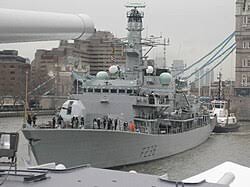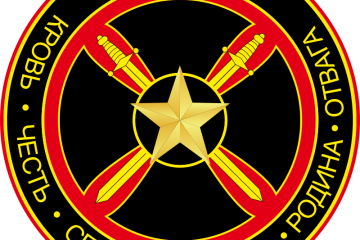Exploring the Role of RFA Argus in Modern Naval Operations
Introduction
The RFA Argus serves as a vital asset for the Royal Fleet Auxiliary (RFA), providing essential support in various naval operations. As a key vessel in the British maritime fleet, her capabilities extend beyond logistics, playing a significant role in humanitarian missions, disaster relief, and military deployments. Understanding the importance of the RFA Argus sheds light on the broader operations of the Royal Navy and its commitment to global security.
Details of RFA Argus
The RFA Argus was originally built as a commercial roll-on/roll-off ferry in 1981, but it has since been converted into a hospital ship designed to support military operations. Equipped with a 100-bed hospital, two operating theatres, and facilities for intensive care, the vessel can provide crucial assistance during conflicts, making it instrumental in ensuring the health and welfare of service personnel.
In addition to her medical functions, the RFA Argus is fitted with a flight deck that accommodates helicopters. This allows the vessel to operate as an air support platform, which is particularly advantageous in operations requiring rapid deployment of air assets. The ship also functions as a logistics support ship, delivering vital supplies and relief to areas impacted by conflict or natural disasters.
Recent Operations
Recently, the RFA Argus has been deployed to several high-profile missions. Notably, during the COVID-19 pandemic, the ship was instrumental in providing support to the NHS, assisting in the transfer of patients and ensuring that the healthcare system could manage the increased demand. The vessel also participated in Exercise Joint Warrior, a major military exercise aimed at building cooperation among NATO forces, demonstrating its versatility and readiness for various operational scenarios.
The ship’s operations further exemplify RFA Argus as a strategic asset in international collaborations, often working alongside allies to enhance regional security and humanitarian assistance.
Conclusion
The capabilities of RFA Argus highlight its significance in the Royal Fleet Auxiliary, proving that it is not just a means of logistical support but an invaluable resource in saving lives and providing aid during emergencies. As global challenges evolve, the RFA Argus will likely play an increasingly important role in future military and humanitarian operations. Her presence in strategic missions reinforces the United Kingdom’s commitment to maintaining global peace and supporting allied nations in times of need. Therefore, awareness of the RFA Argus and her operations is crucial for understanding the dynamics of modern naval engagements.









